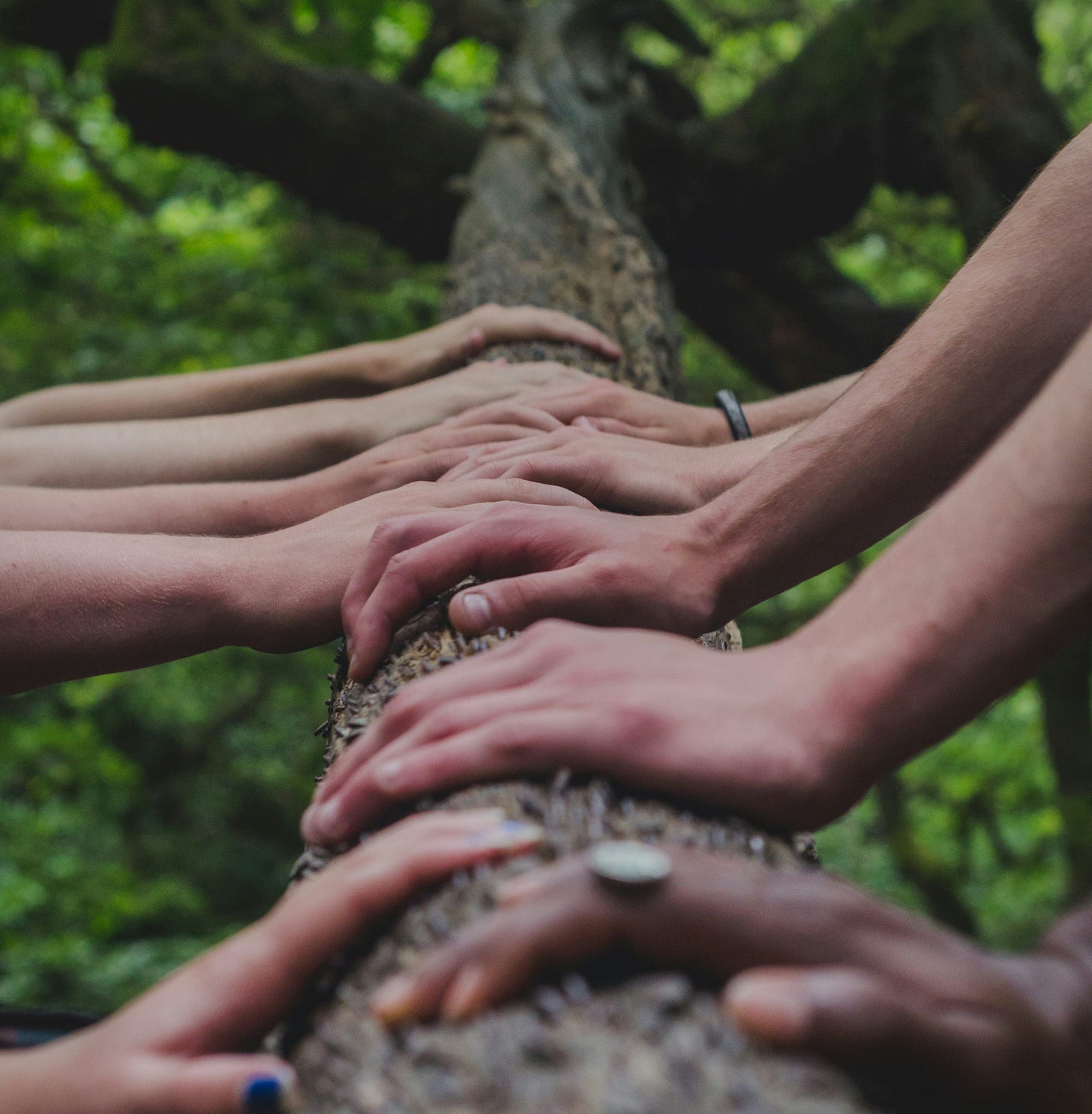The spiritual quest is not intended to be done alone. Community matters. Even the desert mothers and fathers banded together to nurture their solitude. Thomas Merton’s hermitage belonged to a monastic brotherhood. John of Patmos’s visionary message of Revelation is not directed towards pious individuals seeking heavenly insight, it is written for communities. That’s what chapters two and three are about.
This strange and shocking book spirals through dramatic visions specifically to encourage the steadfast faith and nonviolent resistance to Rome of communities that follow Jesus.
John addresses seven letters to seven churches in seven cities. Seven is a symbolic number in the Bible for the whole, perfection, or completeness. John writes to the wider church throughout the first century in Asia Minor (modern Turkey). But pastoral concern for particular struggles animates the letters: the church in Ephesus has forgotten its passion for God, Pergamum has fallen in with false teachers, the spiritual reputation of the church in Sardis covers over their true emptiness, and so on. What’s more is that each faith community to which John writes faces the powerful dominance of Rome’s imperial cult, which, under Emperor Domitian, required subjects to affirm his status as “Lord and God.” John challenges each community and reader to “patiently endure” (2:1, 19, and the below post) in faith, hope, and love during oppression and crisis.
We need the presence of others in our lives to encourage and hold us accountable to living our values and spiritual convictions. I’m guilty of believing on occasion that I can “go it alone” spiritually, but like the stereotypical male who refuses to ask for directions, I always end up further lost. During one of my first attempts at a weeklong solo retreat, instead of deepening in prayer, I simply became depressed, drank more beer than I intended, and watched movies. It was humbling. It turns out that I needed the spiritual counsel of having a community “container” for personal retreat in the form of a monastery, a new monastic community, and a spiritual director, or “soul friend.”
One benefit of the rise of “Spiritual But Not Religious” seekers is the democratization of spirituality. Anyone with the desire to do so can undertake a meditation practice, walk a labyrinth, sit in meditation, study the mystics, or encounter divinity through nature. This 27% slice of US adult demographics (last I checked) rightly realizes that institutional forms of religion are not offering the depth, transformation, and spiritual formation for which many of these people yearn.
But communal forms that support spirituality outside of institutions are very much still emerging. And one shadow side even for those sincerely dedicated to spiritual practice is individualism. When community is backgrounded, or perhaps worse, created only for those with means to pay for books, courses, retreats, and workshops, then accountability to values, lineages, traditions, and actual people are sacrificed at the altar of capitalism and “me.” Churches have community in abundance but are often not much help for those seriously kindling an awakened inner life. Many churches drown transformational experiences and spiritual maturation with the weight of ever-pressing building needs, personality squabbles, and committee meetings. If the market threatens to subsume spirituality outside of the church, pettiness threatens to squander it within.
Photo by Shane Rounce on Unsplash
What forms of community are helping you stay true to your values and ideals in these times?
Where are the places in which love and the courage to endure needs to be rekindled?
John holds his hearers’ feet to the fire of their professed commitment and desire. His language startles us and is meant to do so. It is likely written a time of war. His visions are tough, urgent, and uncompromising, but then again, so are the times. Crisis is the space in which we find out if our beliefs are real or not, and we lean on each other for them to be so.






Beautifully said. From the lens of incarnational mysticism, the body of Christ is not a metaphor, it is a lived, breathing reality. Just as the Incarnation bound God to flesh and community, so too must our spirituality be bound to others. We are not saved from the world but within it, through one another. The spirit does not descend into isolated souls alone, but into gathered ones… imperfect, unpolished, but willing to endure together. Even Christ didn’t carry the Cross alone the whole way. Community is not just supportive, it is sacramental.
Thank you, Mark. I so need my beloved community. One point I’d like to change in your essay is where you state that we need for our institutions to have the love and “courage to endure”. I think the courage to transform is key. It’s what I discover in meditation and centering prayer for my individual self, but I want my community to discover and embrace it too. I think it’s part and parcel of ending pettiness and what undermines us. Transformative love enables endurance. No?